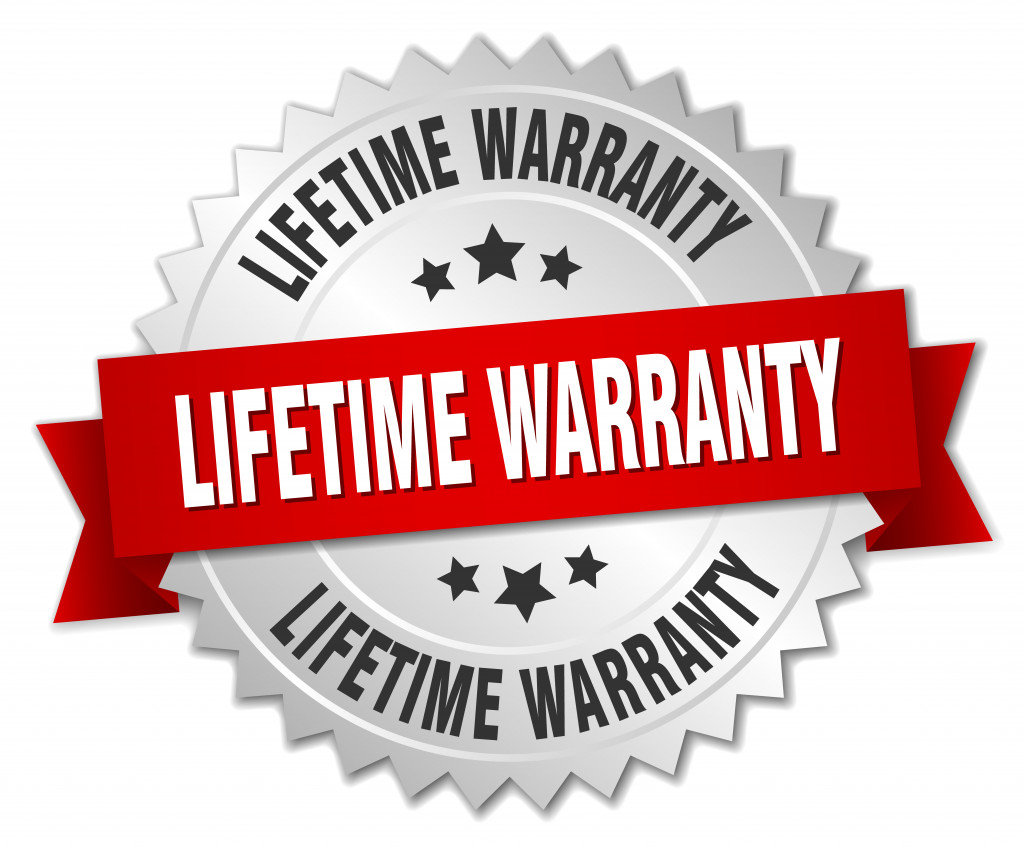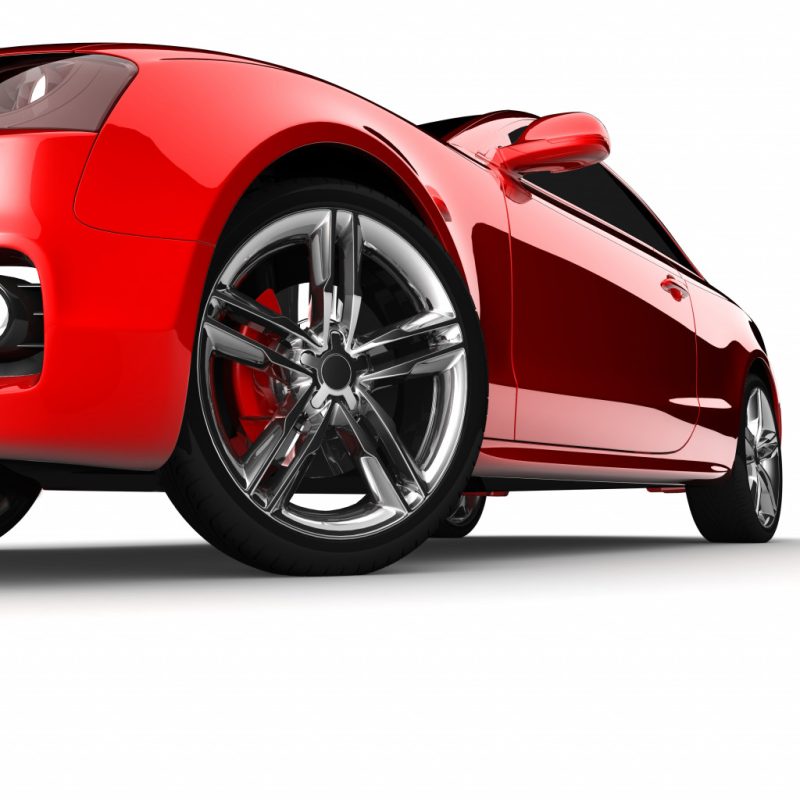Disclaimer: This website provides health information for educational purposes only and is not a substitute for professional medical advice, diagnosis, or treatment. Always seek the guidance of a qualified healthcare provider with any questions you may have.
- Engine power, suspension setup, weight distribution, gearbox, shifting characteristics, and cost of upgrades/modifications should all be considered.
- An engine’s Power-to-Weight Ratio (PWR) should be considered to ensure reliable dyno performance.
- The suspension setup should be optimized according to the make and model of a racecar.
- Weight distribution should be assessed to ensure it is as close to the middle as possible.
Buying a racecar is an exciting experience, but it’s essential to do your research and consider all the factors before you make a purchase. Racing cars are complex machines that require specialized knowledge and skill to operate safely.
This article will explore some of the critical things you should consider when buying a racecar so you can make an informed decision about which car best suits your needs. Whether you’re looking for speed or agility on the track, understanding these considerations will help ensure you get the most out of your new ride.
Car Specifications
Here are some key components you should know when looking at racecars.
Engine Power
When purchasing a racecar, engine power should be at the forefront of your considerations. Not only does more power make for faster races, but it will also help you stay ahead of the competition.
After all, it is not always enough to have a fast car; you also need to ensure that it has reliable dyno performance to remain competitive throughout the race and beyond. Taking into account an engine’s Power-to-Weight Ratio (PWR) before making a purchase will give you the best chance of success out on the track.
Suspension Setup
The suspension setup is one of the most critical factors when buying a racecar, as it impacts handling and ride comfort. Too soft a suspension can lead to excessive body roll and poor grip in corners, while too stiff a setup can cause discomfort for the driver, upsetting their focus and concentration. The ideal suspension balance lies somewhere between – just enough stiffness to quickly handle turns without sacrificing smoothness.
It is essential to consider the make and model of the racecar you’re buying and optimize your suspension according to its size and weight. Consulting with an experienced mechanic or purchasing aftermarket parts may be necessary, as stock components will not always have an optimal setup for racing conditions.
Weight Distribution
Weight distribution is one of the most important factors when purchasing a racecar. It has a massive impact on performance and can decide between a thrilling race or an early retirement from the track.
To assess weight distribution, you want to look at the center of mass and ensure it is as close to the middle as possible. A balanced weight distribution allows for increased acceleration, better cornering capability, improved handling dynamics, and higher speeds.
Careful consideration should also be given to the details of each component; weight affects how quickly the car can go and stop, so compromising on the quality in either department can lead to disaster on race day.
Gearbox and Shifting

Purchasing a racecar can be an exciting and often expensive process, so it’s essential to ensure you are getting the car that will work best for your driving style. The gearbox type and shifting characteristics of a racecar directly affect how the car drives and performs, so you must consider both when making your purchase.
Depending on the circuit and racing conditions, having a reliable transmission system can mean the difference between finishing first or not even making it to the finish line. Different transmissions may require other methods of handling, such as shifting techniques, so carrying out research beforehand will ensure you choose the right car for your needs.
Cost of Upgrades or Modifications
When purchasing a racecar, it’s essential to consider the cost of upgrades, modifications, and accessories before committing to a purchase. After all, while the car looks pretty out of the box, making it perform properly requires the right gear.
Be sure to factor in the cost of wires and plugs, suspension components, racing tires, engine parts, fuel hoses, and belts – anything that could be needed on or off the track. Picking up extras like safety equipment or custom paint may also add to your expenses. Remember that if you don’t have a reliable starting point for your build, you can quickly spend much more money than is worth just trying to get a basic setup running correctly.
Warranty Coverage

When purchasing a racecar, it is essential to consider the available warranty coverage. Racecars are, by nature high, performance machines that are subject to tremendous wear and tear during competition.
If a breakdown or mechanical failure should occur, repairing or replacing these parts can be extremely expensive. With sound warranty coverage, repairs and replacements caused by manufacturer defects and regular maintenance costs can be more manageable.
Furthermore, getting an extended warranty from the dealer at the time of your purchase can provide even greater peace of mind and protection against unexpected expenses for years to come.
These are just some essential things to consider when buying a racecar. From engine power to gearbox type, suspension setup, and warranty coverage, it is necessary to do your research before making your purchase to make an informed decision that will give you the best chance of success out on the track.




